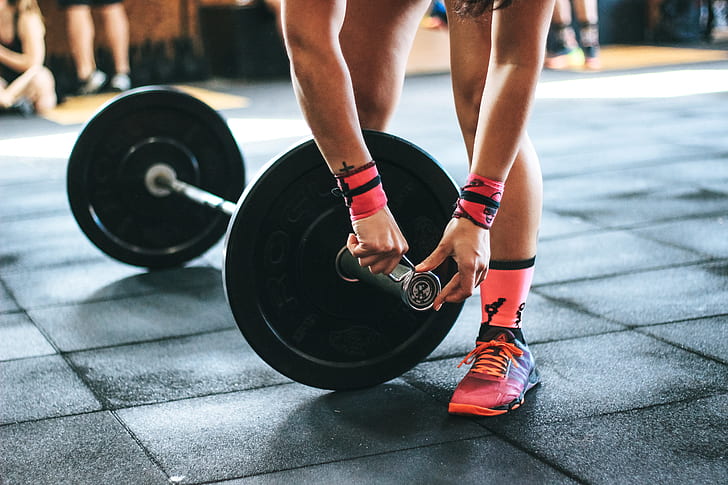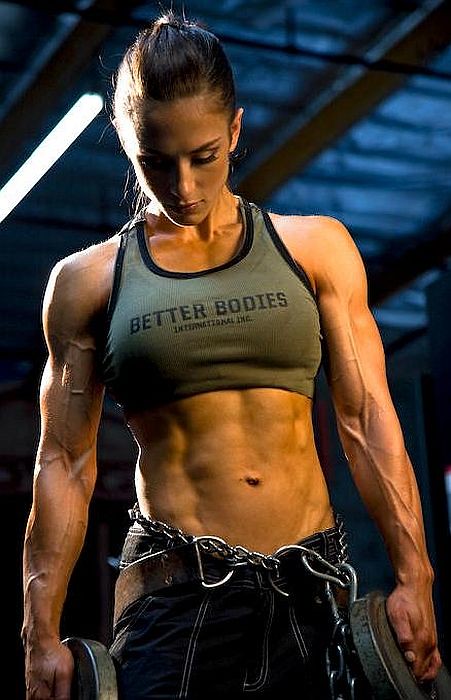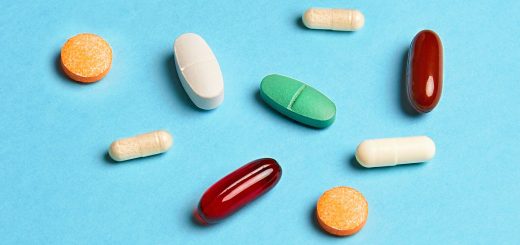A Guide To Bodybuilding Nutrition
Summary
– Muscle nutrition and caloric expenditure
– Knowing how to eat properly for weight training
– Basic rules of nutrition for building muscle
– Hydration and weight training
– Why diet for weight training?
In weight training, diet is one of the keys to proper muscle strengthening, just like the knowledge of the morphotype, or training.
A proper diet requires knowledge of the principles of muscle nutrition and the understanding of what is an appropriate diet.

Muscle nutrition and caloric expenditure
The body needs energy to function. This expenditure is the metabolism, a process that varies according to gender, age, or even the morphology of people.
Strength training is a physical activity that requires even more energy. It is therefore essential to be able to evaluate your caloric expenditure to know the appropriate diet.
The idea is to consume just enough so as not to gain more fat, and also to keep fit.
Usually, the below is correct:
– Men consume more calories than women.
– Teenagers need more energy.
– Caloric expenditure generally decreases from the age of 40 onwards.
– The more intense and regular physical activity, the higher the energy needs.
– Hormones are also used as a weighting element: for the same activity, two men of the same morphology and age may have a different metabolism.
– The average basal metabolic rate is estimated at between 1200 and 1300 kcal per day (includes only respiratory and digestive functions). It amounts to 2,500 kcal/day for non-sporting men and 1,800 kcal/day for sedentary women.
– A sporting activity can increase caloric expenditure by up to 75%. The energy intake must, therefore, be adapted.
– If you are following a bodybuilding program, you can evaluate your caloric expenditure thanks to this formula:
(height in cm – 100) × 40 = number of kcal/day, i.e. for a man 1m65: (165-100) × 40 = 2 600 kcal/day

Knowing how to eat properly for weight training
Excess fat in fast food restaurants should be banned. It is necessary to take into account several criteria to have a diet adapted to weight training:
– According to each person’s pace, spreading the caloric intake correctly during the day should be as follow: 25% in the morning, 40% at lunchtime and 35% in the evening is the ideal balance.
– Distribute protein (50%), carbohydrates (30%), and fat (20%) correctly. This percentage is to be understood as caloric intake, and not in terms of the weight of food consumed. Be sure to read the labels carefully.
Basic rules of nutrition for building muscle

Here are some basic rules of nutrition to be followed when building muscle:
– Take the time to eat in a suitable environment:
◦ Be seated at a table, in a good position so as not to store fat in the wrong place, do not stand up, walk, or eat in front of the television.
◦ Take the time to chew to facilitate food digestion.
◦ Protein mixtures are not to be taken meals. They are not meal replacement supplements. They should not be confused to meal replacement diets that indeed contain everything you need to intake, but somehow expensive.
– Eat everything, in reasonable and measured quantities: adapt the intake of food to your expenses.
– Eat a balanced diet with a focus on protein to strengthen muscles (meat, eggs, fish, soya).
– Do not neglect carbohydrates (cereals, fruits, vegetables) and some fats (vegetable oil, fish fat).
◦ Carbohydrates or fats should never be forgotten, they are complementary to proteins, and their absence can disrupt metabolism and cause health problems.
◦ It is practice and habit that makes it possible to find the right balance.

Hydration and weight training
Hydration is an essential part of the diet of bodybuilders. It is a pillar that should not be neglected to avoid injuries during weight lifting and other exercises.
The human body metabolism requires drinking one liter of water per day:
– When you work out, this number naturally increases.
– It is therefore essential to drink enough water before your training sessions, during the sessions, and also after the sessions. No need to wait for thirst to set in, drinking must be a real ritual.
Between exercises, it is more advisable to drink small amounts often than once a large amount. During strength exercises, there is a condition called hyponatremia that makes the blood excessively diluted from too much water. Consequently, sodium levels can drop to dangerously low levels.

Why diet for weight training?
A weight regime is necessary to gain strength, nourish muscles, and lose extra pounds of fat.
It is important to remember that dieting to lose weight will never work if it is not coupled with weight training exercises:
– It is therefore essential not to reduce caloric intake abruptly at the risk of weakening the metabolism and generating severe fatigue.
– Rather than eating less, you should eat better by adapting your diet and supplementing it with nutrition products if necessary.
Now, you know how to eat properly for weight training. Go and hit the gym hard, and good luck with your progress. Remember to share your views in the comment section below!




1 Response
[…] A Guide To Bodybuilding Nutrition; […]